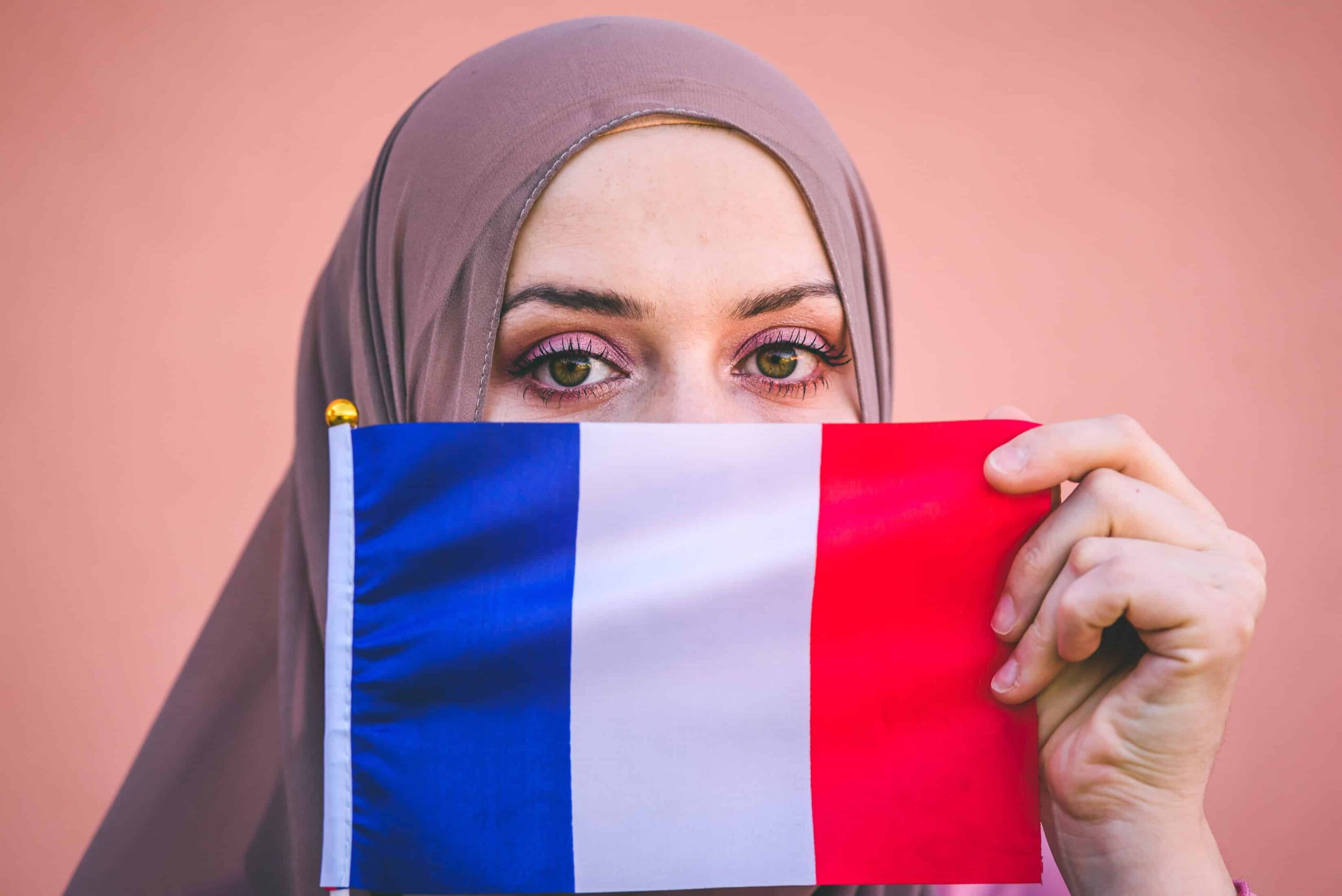
Cannabis laws in France have hit Muslims disproportionately |
In the US it’s an all too familiar story that blacks and Mexicans have been disproportionately affected by the War on Drugs, but in France they have a similar problem with the impact of cannabis laws on Muslims.
France, like many other countries around the world, is finally flirting with the idea of ending Prohibition. They now have CBD cafes that are growing in popularity and the European Union is slowly starting to change attitudes about how they deal with cannabis. But like many other places, it’s the marginalized who are hit hardest.
New research shows the past 50 years have been tough for Muslims when it comes to the war on drugs. Almost a fifth of the prisoners in the French prison system are currently arrested for drug-related offences, and most of them are men. In France, it is difficult to obtain certain demographic data because the “absolute equality” law makes it illegal to collect data on the basis of race, ethnicity or religion.
However, sociologist Farhad Khosrokhavar examines the French prison system and finds that half of those incarcerated in France today are of either Muslim or Arab descent. This means that half of the 69,000 detainees are Muslims or Arabs, even though these populations make up only 9% of France’s 67 million people.
Another 2018 study commissioned by the French National Assembly shows that 86% of the 117,420 arrests in 2010 were for cannabis allegations, and the number of people arrested for cannabis use between 2000 and 2015 stood at 14,501 has increased to 139,683. When all of these studies are compared, a clear picture emerges of Muslim and Arab people being arrested for cannabis at a disproportionate rate.
Much like America demonized cannabis, equating it with a poison peddled by Mexican drug cartels and black criminals — a largely false and blown narrative — French historians have done something similar to Muslims. French fiction spoke of Muslim “hashish-eating assassins” who were deranged, violent, and dangerous. French researchers also got tired of working with cannabis once it was clear that it wasn’t a cure for cholera. The combined lack of medical interest and racist propaganda led to a distrust of cannabis across the culture. In 1953 medicinal hashish became illegal.
They even have their own take on the reefer craze: folie hashischique. French colonialists in Algeria claimed hashish caused insanity and violent criminal behavior, often placing sober or self-medicated mentally ill people in psychiatric treatment, and claiming cannabis was the cause.
In 1968, also mirroring events in the US, there was racial tension against North Africans who had emigrated to France, who claimed they were vulnerable to violence and crime because of the cannabis use in their culture. This led to even more severe criminalization of the facility. France’s drug problem has been dubbed a “foreign plague” and blamed on Arab and Muslim drug dealers, blacks and immigrants. There was talk of a cult of Muslim killers inspired by cannabis known as the “Hachichins”.
Today, of course, France opposes such racist language and thought, but it is still an integral part of its culture when it comes to the cannabis backlash, and it shows clearly in the numbers when prison data is pulled. Like many other places in the world, France still has a long way to go when it comes to separating what really needs to be regulated when it comes to cannabis and what just stems from a history of racist propaganda.

Post a comment: